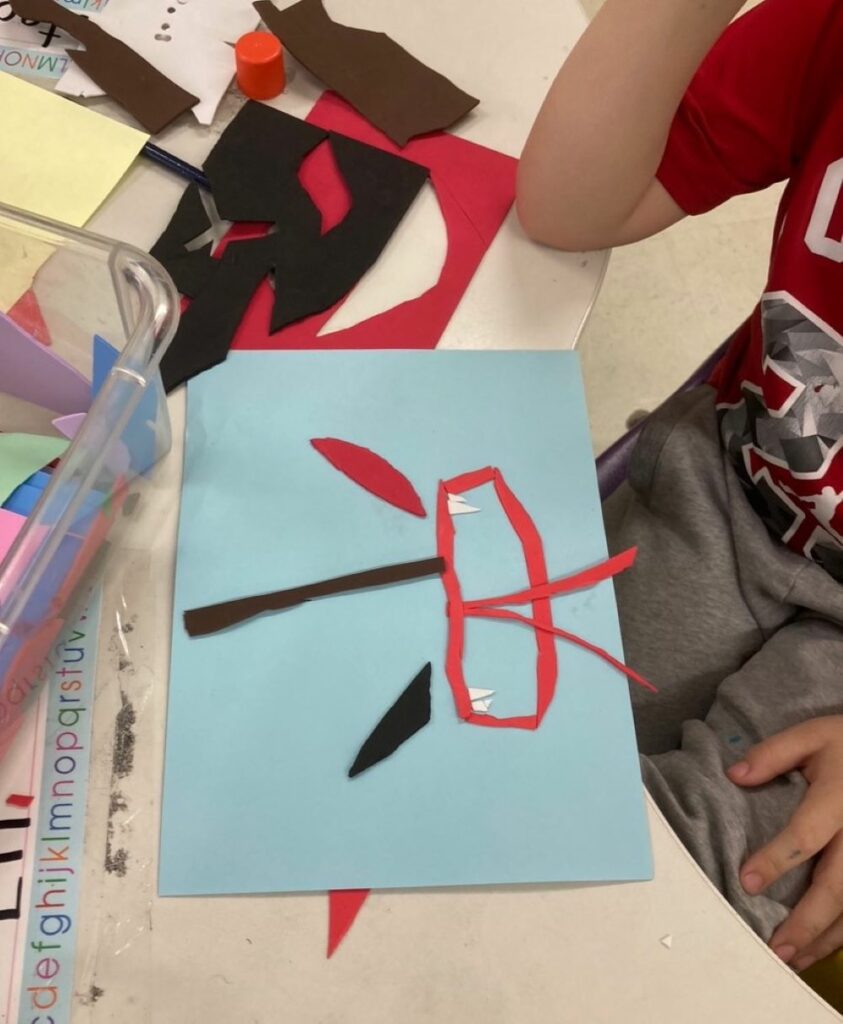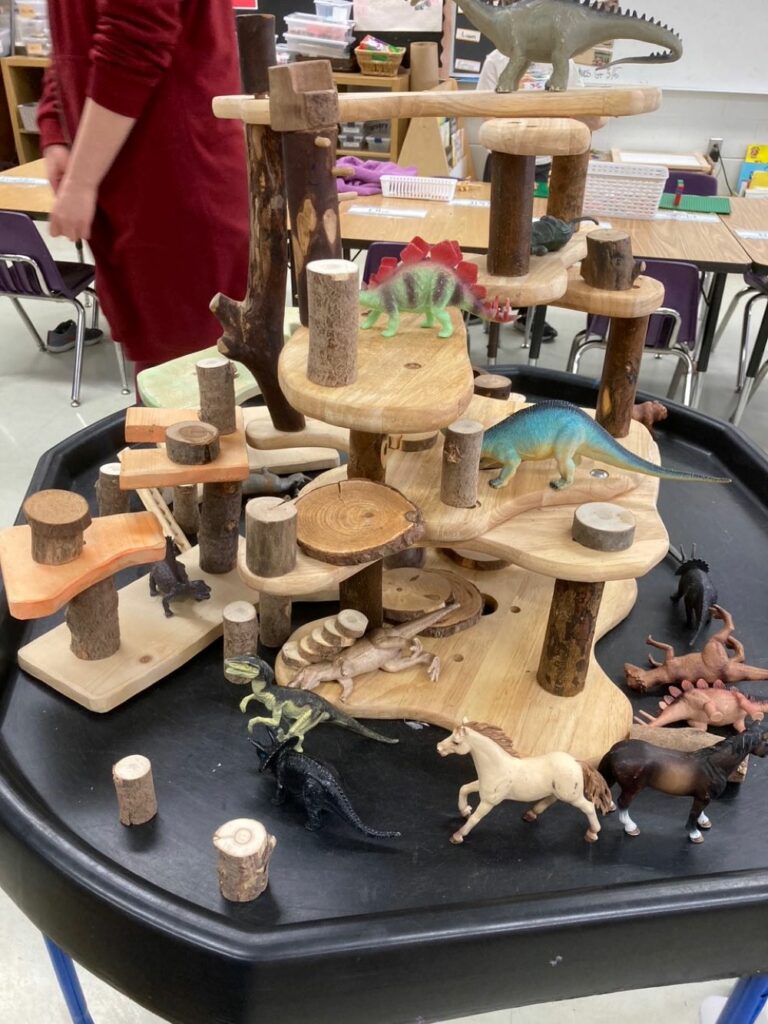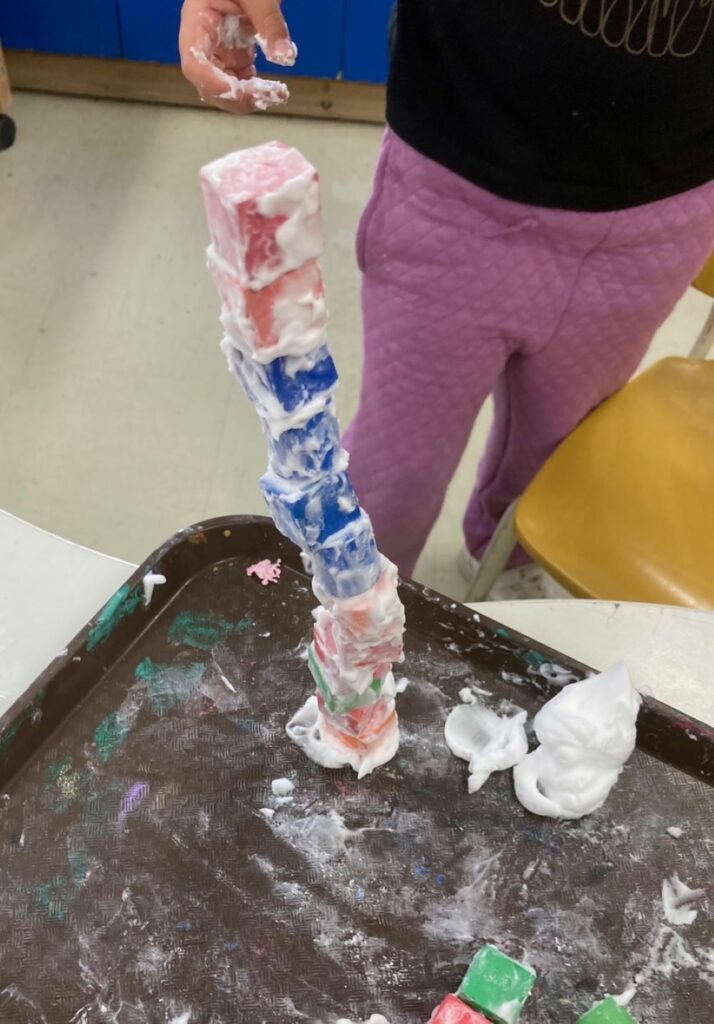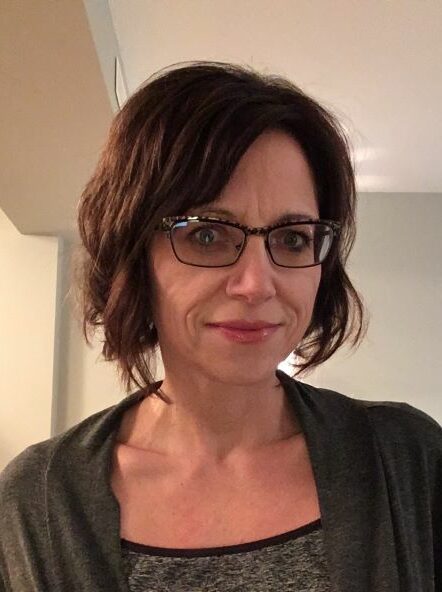Today I attended a learning session facilitated by Dr. Sara Aiono of Longworth Education. In this session she spoke about play. One of the topics that stood out to me was the characteristics of play. We sometimes think about play as a child playing a sport or a board game or another type of organized activity. Of course, play could be those ideas but it is also so much more.
Characteristics of Play
Here are a few ideas she shared with us from (Gray 2013; Brewer, 2007)
- self-chosen and self-directed
- process rather than product driven
- contains structures or rules established by the players themselves
- imaginative, non-literal and removed from reality
- occurs between those who are active, alert and not-stressed
As I reflected on these points, I had to ask myself, am I providing my students opportunities to make choices in their play. I do set out different play opportunities that I think my students will enjoy based on my observations of their previous play and the conversations we have. But, I realized that I am not necessarily asking them what they are interested in. Something to think about…..
Process over product is another idea that I will dig deeper into. Dr. Aiono mentioned that teachers can help children learn about their learning through the process of play. This might look like taking a picture of the children engaged in the play and then later talking about what you noticed. For example, you might have noticed that the children were attempting different ways to build a castle in order to accommodate the figurines they were wanting to include in it. You could ask children about their problem solving strategies and provide them with the language to describe these processes if they are unable to articulate them on their own.
Here are some pictures of play in my classroom last week. This coming week, I will be intentional with my conversations – I will listen more and ask questions to understand their thinking better.



Your Reflective Teacher,
Lynda





